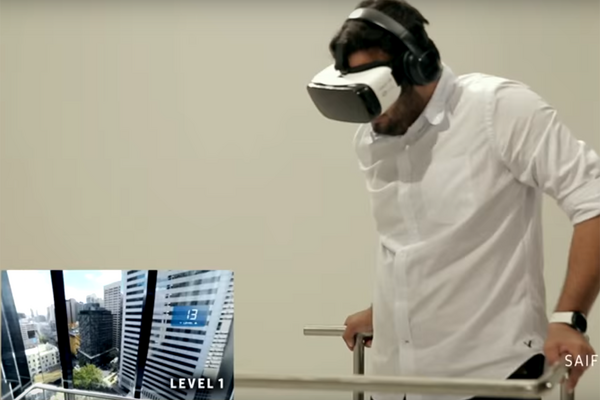
The University of Notre Dame’s Advanced Diagnostics & Therapeutics (AD&T) initiative announced the recipients of its 2017 Discovery Fund awards, which provide seed funding to some of the most creative ideas being developed by Notre Dame faculty and their collaborators in areas of biomedical, environmental, and behavioral health.
Since 2013, AD&T has used its Discovery Fund program to support new projects identified by their scientific originality, multidisciplinary approaches, and likelihood to result in real-world applications and products.
“Our Discovery Fund awards have proven to be great investments,” says Paul Bohn, Schmitt Professor of Chemical and Biomolecular Engineering, Professor of Chemistry and Biochemistry, and Director of AD&T.
“Not only do we back faculty and students doing exciting, potentially transformative work, but so far every dollar we’ve invested has returned an additional $15 in external grant support. Many have also resulted in commercializable intellectual property. Those are the kinds of outcomes that produce long-term research sustainability.”
The goals of the 2017 Discovery Fund projects are to:
- Explore a new treatment for atherosclerosis, the hardening and narrowing of arteries that is the most common cause of heart attacks, strokes, and peripheral vascular disease (Matthew Webber and Prakash Nallathamby)
- Investigate a protein that may play a key role in Miller-Dieker Syndrome, a rare genetic disorder that causes brain abnormalities and often leads to death in infancy (Jessica Brown and Scott Emrich)
- Study how virtual reality can be used as a therapy for those who suffer from an extreme fear of heights (Jennifer Hames, Nathan Rose, Mike Villano, and Jesse Cougle [Florida State University])
- Find a way to overcome the resistance some cancer patients develop to cutting-edge, targeted anti-cancer therapies (Siyuan Zhang and Basar Bilgicer)
- Build a new instrument to greatly speed the study of the microbiome, the vast but poorly understood array of microorganisms that live within and around our bodies and throughout the environment (Norm Dovichi and Matthew Champion)
As with previously awarded projects, these efforts will also lead to valuable educational outcomes. For example, most Discovery Fund projects involve young scientists and engineers—postdoctoral researchers, graduate students, and undergraduates—in research that often leads to publications in peer-reviewed scientific journals and presentations at scientific conferences.
Advanced Diagnostics & Therapeutics is a research initiative comprised of over 70 affiliated faculty from across disciplines. In addition to seed funding, the initiative also supports researchers by launching programs organized around new research themes, providing graduate student fellowships, fostering collaborations with clinical and industry partners, and organizing conferences and symposia on the latest topics in health and wellness.
For more information, contact Paul Bohn at pbohn@nd.edu or 574-631-1849.

Photo: One 2017 Discovery Fund project, led by Jennifer Hames of Notre Dame’s Dept. of Psychology, is looking at whether virtual reality can be used to treat people suffering from acrophobia, an extreme fear of heights (Credit: Samsung)
Originally published by at advanceddiagnostics.nd.edu on September 11, 2017.